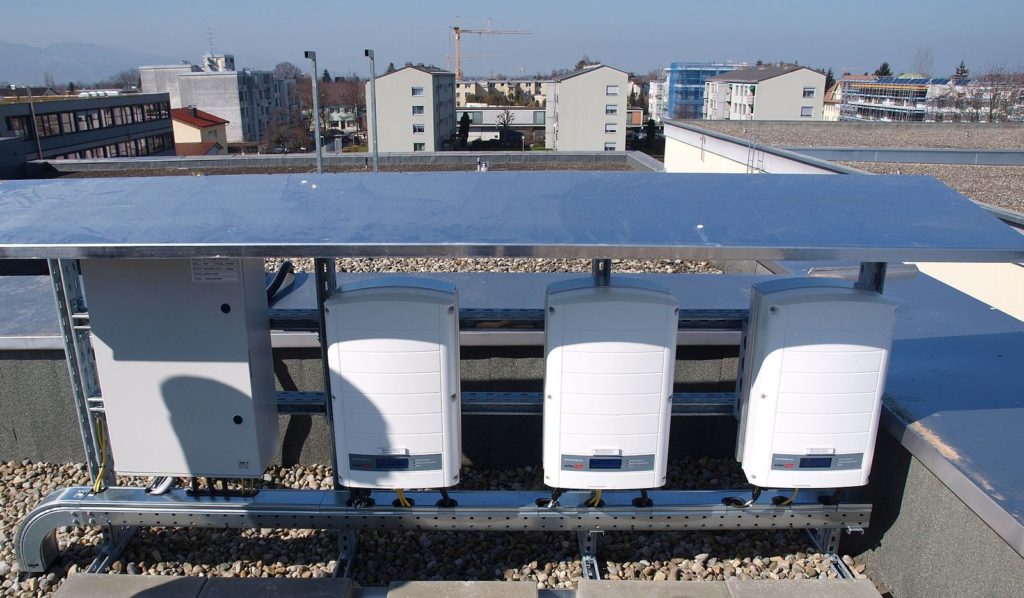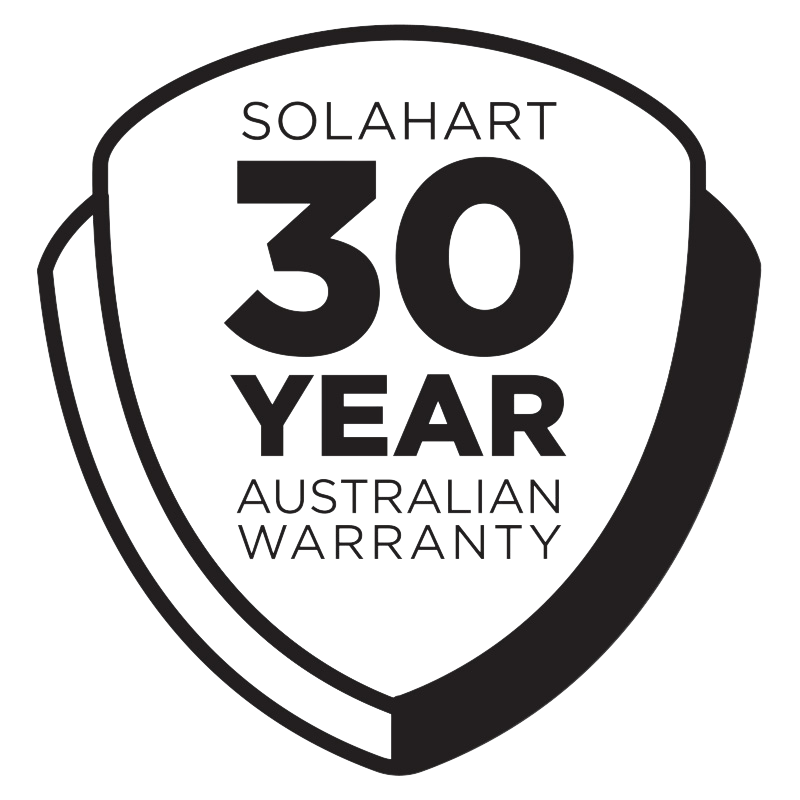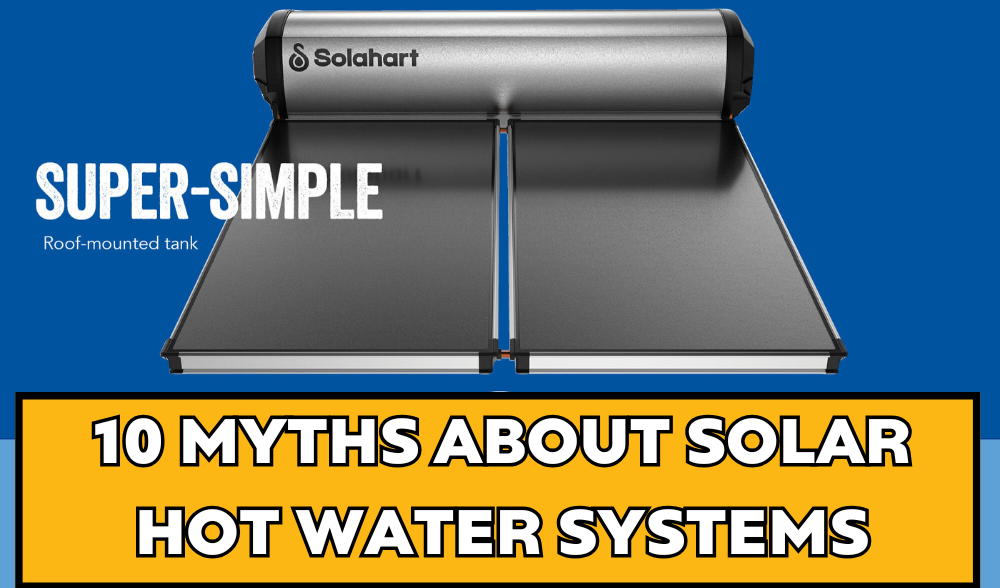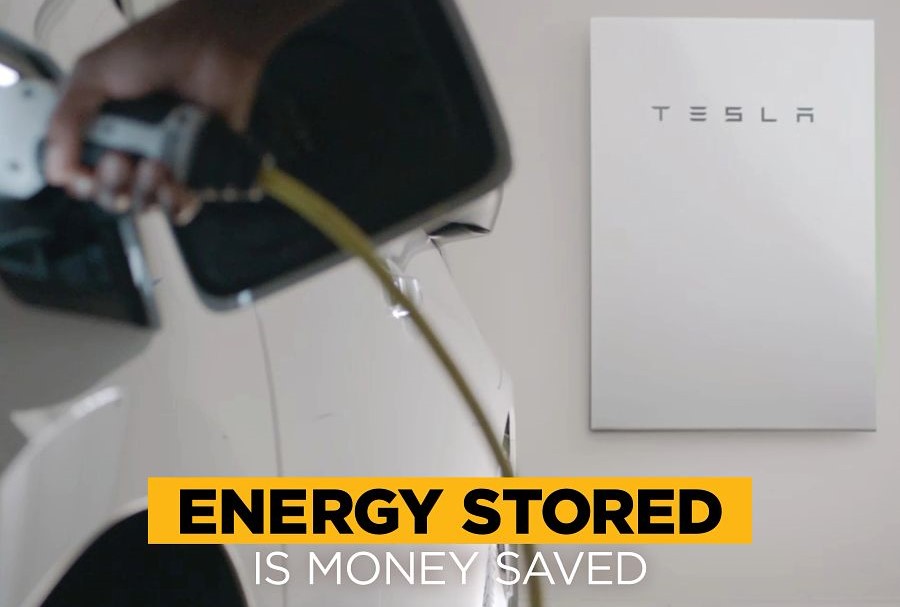When you’re shopping for a solar inverter, there are a lot of factors to consider. In this blog post, we’ll outline the top 5 questions to ask when buying a solar inverter.
By considering these factors, you’ll be able to choose the right solar inverter for your home or business.
So, what are these questions? Keep reading to find out!
1. What is the maximum power output of the inverter?
When shopping for a solar inverter, it is important to consider the maximum power output of the device. This will determine how much electricity the inverter can generate from sunlight, and ultimately how much energy it can provide to your home or business.
Most solar inverters have a power output of 1,000 watts or more, but higher-end models can output up to 2,000 watts or more. If you have a large solar array, you will need an inverter with a higher power output in order to maximize its potential.
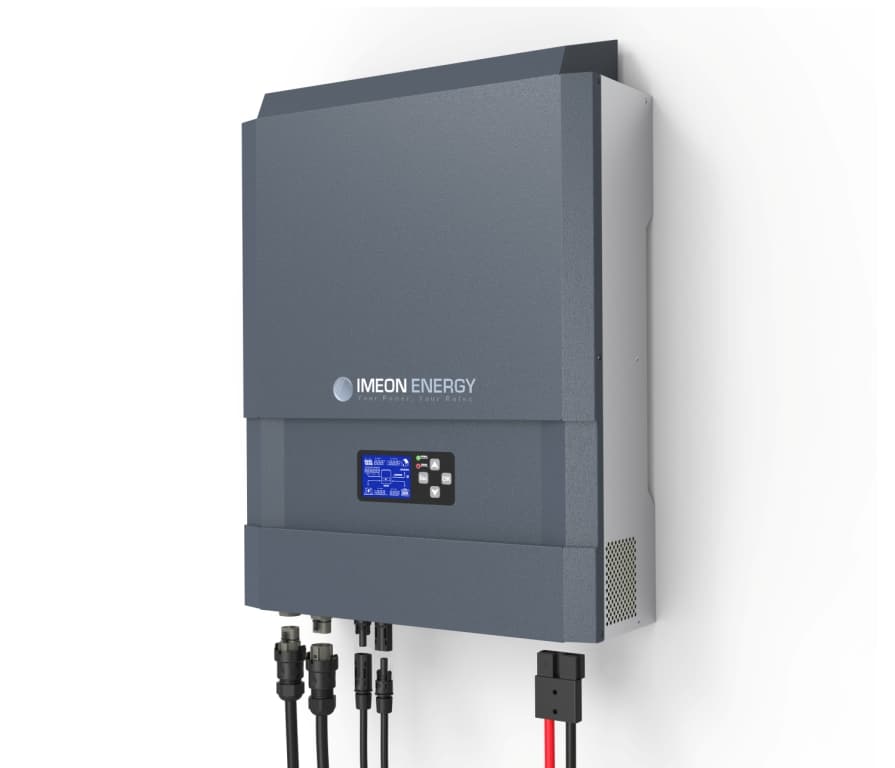
If you have a large solar array, you will need an inverter with a higher power output in order to maximize its potential.
Generally speaking, the higher the power output of an inverter, the more expensive it will be. However, this investment may be worth it if you are serious about using solar power to meet your energy needs.
2. What is the maximum input voltage?
When it comes to solar power, the maximum input voltage is an important consideration.
This is the amount of electricity that the inverter can handle from your solar panels. Most home solar arrays have an input voltage of around 600 volts. However, if you have a commercial solar array, the input voltage may be much higher.
It is important to choose an inverter that can handle the voltage of your solar array, otherwise, you may damage the inverter or your solar panels. With so many different types of solar inverters on the market, it can be tricky to know which one is right for your needs.
But by keeping the maximum input voltage in mind, you can narrow down your choices and find the perfect inverter for your system.
3. What is the maximum efficiency?
Efficiency is an important factor to consider when choosing a solar inverter.
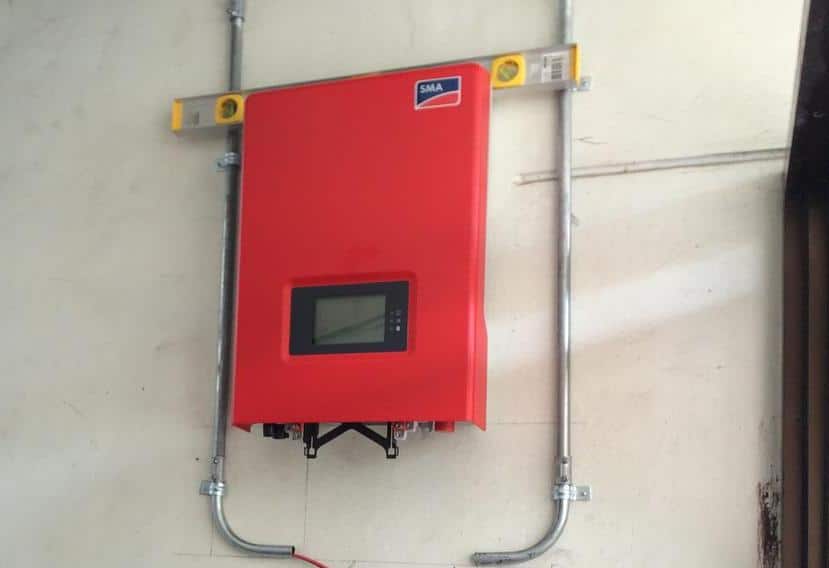
This measures how well the device converts sunlight into electricity, and is typically expressed as a percentage. The higher the efficiency of an inverter, the more electricity it will be able to generate from the same amount of sunlight.
Most solar inverters have efficiencies between 80 and 95 percent, but some models are capable of converting 97 percent or more of sunlight into electricity.
If you are planning on installing a large solar array, then choosing an inverter with a high-efficiency rating can help you maximize your investment.
4. What is the warranty?
When shopping for a solar inverter, it’s important to pay attention to the warranty. Most units come with a standard warranty of 10 years, but some manufacturers offer longer warranties of up to 15 years.
It’s important to check what’s included in the warranty before making your purchase, as this can affect your decision. Some warranties only cover the inverter itself, while others may also include coverage for labor and installation costs.
Be sure to read the fine print so that you know what’s covered in the event that something goes wrong.
5. What are the shipping and return policies?
When shopping for solar inverters, it’s important to check the store’s shipping and return policies. Some stores charge high shipping fees, while others may not accept returns at all.
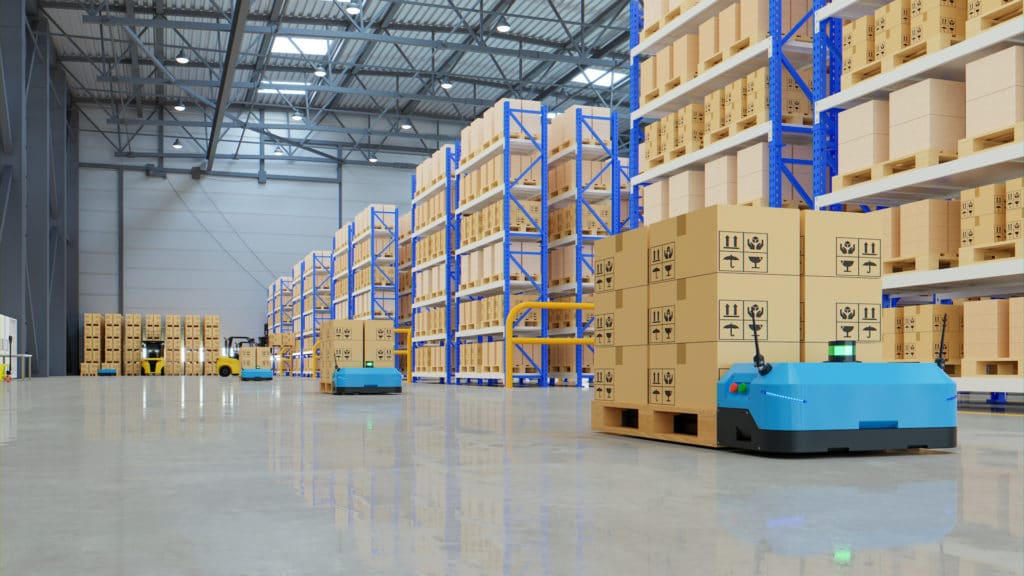
By checking the policies ahead of time, you can avoid any surprises down the road. When it comes to shipping, look for a store that offers free or flat-rate shipping. Returns are also important to consider.
Some stores have strict return policies, while others offer a money-back guarantee. Choose a store that has a policy that works for you.
Final Thoughts
We hope that this article has been helpful and that you feel better equipped to purchase a solar inverter for your home or business.
As always, if you have any questions, our team is here to help. Thank you for reading!

